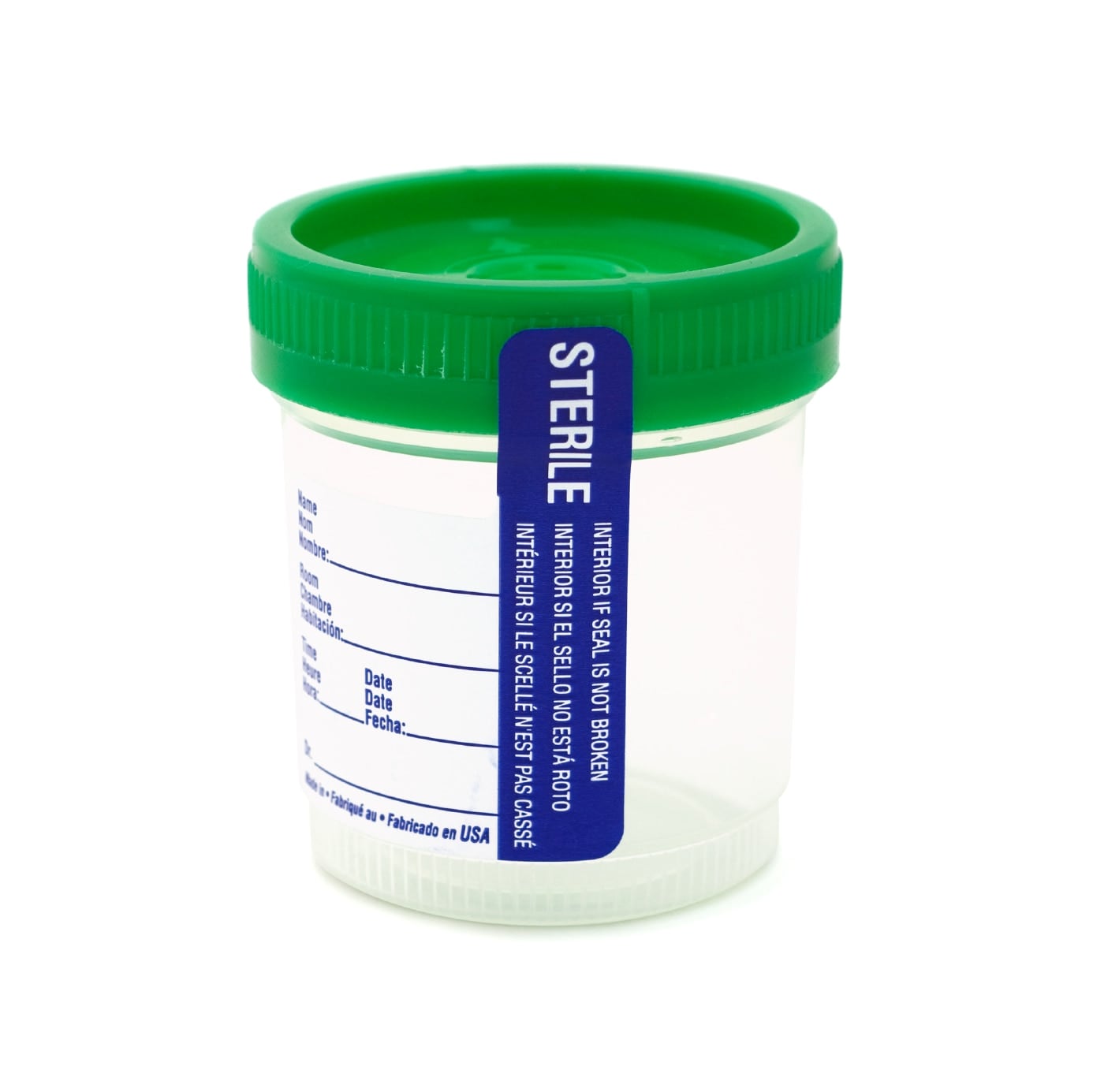A Navy drug testing lab in April found a fault in a urine test used to to separate over 200 sailors since 2006, Navy officials say.
The Navy Drug Screening Lab in Great Lakes, Illinois, had its meth testing shut down after technicians discovered that under rare conditions its test for methamphetamine and amphetamines could produce a false positive result.
The testing process that produced the false positive was immediately suspended April 12 after the discovery, said Capt. Todd Wagner, head of the Navy and Marine Corps Public Health Center.
The Navy and Defense Department drug screening agencies are investigating if any service members were separated as a result of false positive urine samples but that remains unlikely. Sailors wishing to challenge their discharge, however, can go to the Board for Correction of Naval Records.
The lab tests primarily Navy and Marine Corps samples, but tests some Army Reserve and Army National Guard samples as well.
The false positives in the tests happen only in batches of urine samples that have already tested positive for drugs, Wagner said. The batches are then subdivided by the drug that sample tested positive for — meth, cocaine, marijuana, etc. Then the samples are sent through a second test for the specific drug to confirm beyond a doubt that the sample was positive. It's during that test that some small number of batches over the past 11 years could have yielded a false positive, Wagner said.
The test was introduced in 2006 and was halted for good as soon as they discovered the issue, Wagner added.
Between 2006-2017, 214 sailors were separated from the Navy in response to positive results for methamphetamine or amphetamine after tests at the Great Lakes lab, said Lt. Cmdr. Nate Christensen, spokesman for the chief of naval personnel.
The test could yield false positives when a batch is run through the testing equipment with a sample that has an unusually high concentration of the drug, which doesn’t happen often, Wagner said. Wagner's techs have identified six of the high-concentration samples that could trigger a false positive in their records during the time period when the test was being used.
"In reality this is a very unusual circumstance," Wagner said. "These high concentration samples are very rare but we’ve identified a problem and we’re switching methodologies to ensure the accuracy of our tests."
The lab is switching to a process used in the Navy’s lab in Jacksonville, Florida, which uses a different validated process to test samples. In the mean time, the lab is still testing samples for other drugs while the Jacksonville lab tests urine samples for meth and amphetamines.
Once the Jacksonville process is installed in the Great Lakes lab, the process will be certified by both Navy and Defense Department agencies before testing begins again.
David B. Larter was the naval warfare reporter for Defense News.





